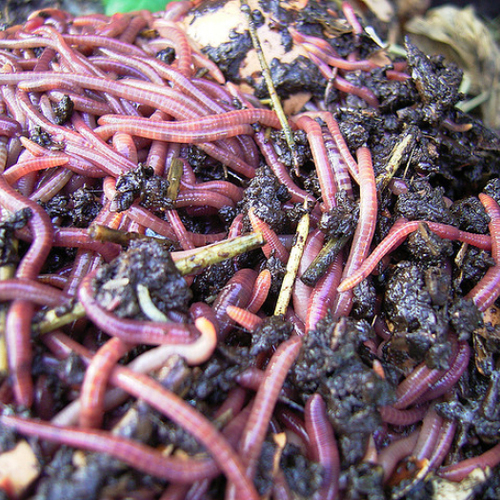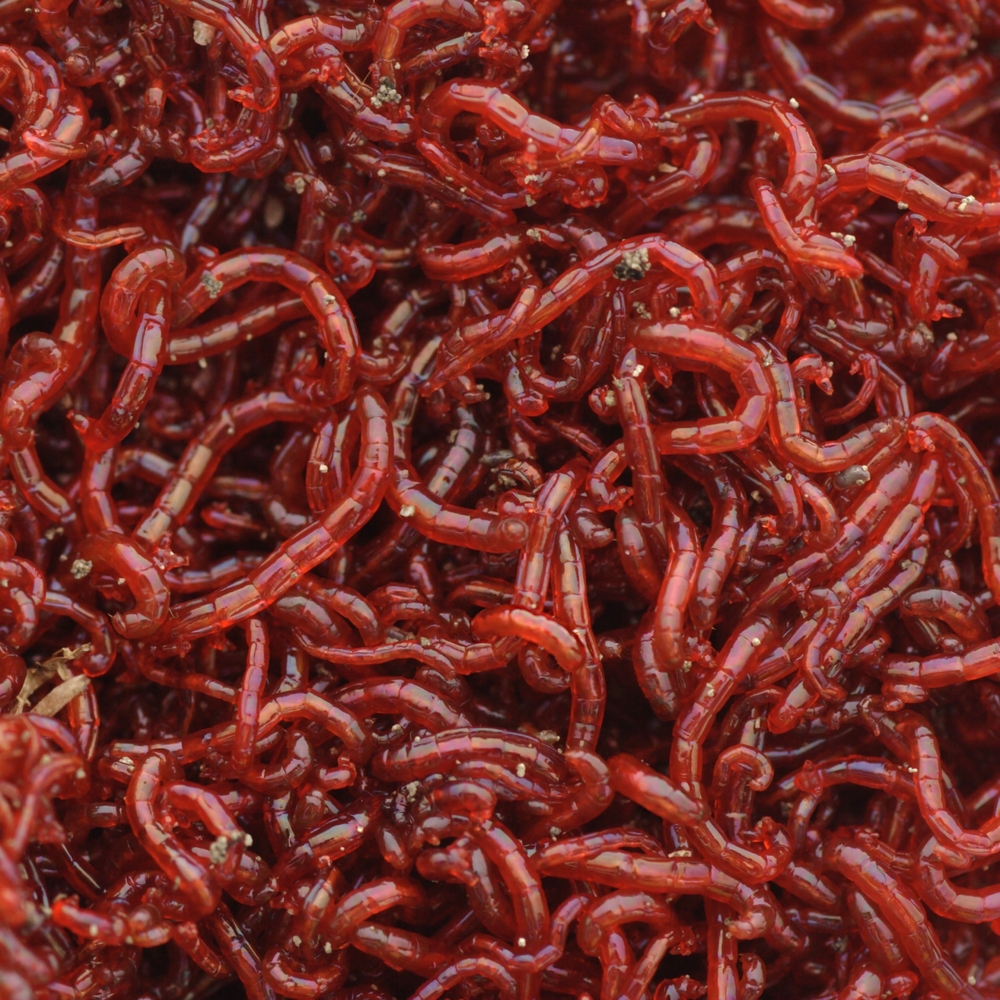Easy-to-maintain red worms: How to grow them efficiently
Easy-to-maintain red worms: How to grow them efficiently
Blog Article
Why Red Wigglers Are Important for Organic Farming
Red wigglers play a crucial role in natural farming, largely through their distinct capability to break down natural products and improve dirt health. Their activity not only enriches the soil with vital nutrients yet additionally promotes a thriving ecological community vital for sustainable farming. In addition, the physical processes they take part in, such as aeration and dampness retention, add substantially to boosted crop yields. Nonetheless, the extent of their influence on farming practices and dirt biology increases interesting questions about the future of natural farming. What implications might this have for farming techniques?
Role of Red Wigglers in Soil Health

Furthermore, red wigglers enhance dirt structure by producing networks as they delve. These networks enhance aeration and water infiltration, promoting a much healthier origin environment. Their task also assists in maintaining ideal moisture levels, which is crucial for healthy and balanced plant development.

Benefits of Worm Spreadings
Worm spreadings, the nutrient-rich excrement produced by red wigglers, offer as a powerful modification for organic farming. These spreadings are loaded with important nutrients such as nitrogen, phosphorus, and potassium, which are important for plant development. Unlike artificial fertilizers, worm spreadings release nutrients slowly, offering a consistent supply over time and minimizing the risk of nutrient leaching and overflow.
In addition, worm castings improve soil structure and oygenation, promoting much healthier origin systems. Their high organic matter web content improves dampness retention, enabling plants to better stand up to drought conditions. Furthermore, worm spreadings contain helpful microorganisms that support plant health and wellness by subduing pathogens and enhancing nutrition uptake.
The application of worm castings can bring about enhanced crop yields and enhanced top quality of fruit and vegetables, making them an important resource for organic farmers. Their usage additionally lines up with lasting farming techniques, adding to you can try this out dirt fertility without the unfavorable ecological influences related to chemical fertilizers. In general, the consolidation of worm castings into agricultural methods fosters an extra resilient and efficient environment, emphasizing the relevance of red wigglers in natural farming systems.

Enhancing Nutrient Biking
(eisenia fetida for sale)Nutrition cycling is an important process in organic farming, and the integration of red wigglers plays a critical duty in enhancing this cycle. As red wigglers take in decomposing natural matter, they eliminate nutrient-rich castings, which are bursting with advantageous microorganisms.
Moreover, red wigglers assist to increase the mineralization of nutrients, converting them from inert types right into bioavailable kinds that plants can absorb. This procedure is crucial for preserving dirt fertility and advertising healthy crop development. The visibility of red wigglers also motivates a varied soil community, cultivating a balance of nutrients that supports different plant varieties.
Improving Dirt Framework
The enhancement of soil framework is essential for fostering a healthy farming ecological community, and the task of red wigglers substantially adds to this renovation. These earthworms play an essential role in aerating the soil and producing a network of networks that promote water seepage and origin infiltration. As they burrow through the dirt, red wigglers separate compressed layers, permitting better oxygen exchange and advertising microbial task.
In addition, the natural issue produced from their waste, known as vermicast, enhances soil aggregation. This procedure produces secure globs of dirt fragments, boosting dirt porosity and lowering erosion (red wigglers). The visibility of red wigglers also encourages the growth of valuable fungal networks, which are crucial for nutrient uptake by plants
Supporting Lasting Practices
Incorporating red wigglers into natural farming methods not just improves dirt health and wellness yet likewise promotes sustainable agricultural approaches. These earthworms play an essential duty in vitamins and mineral biking, changing organic waste right into useful compost that enriches the dirt. By using red wigglers, farmers can successfully decrease reliance on artificial plant foods, consequently lessening chemical overflow and its harmful effects on ecosystems.
In addition, the consolidation of red wigglers motivates the practice of reusing organic materials, such as cooking area scraps and farm waste. This waste reduction approach not just lowers disposal prices however also fosters a closed-loop system where nutrients are continuously gone back to the soil (red wigglers). Such practices are necessary in mitigating environment adjustment, as they boost carbon sequestration and decrease greenhouse gas emissions
In addition, red wigglers enhance water retention in the dirt, which is vital in times of drought. Their burrowing tasks produce networks that enable water to penetrate deeper into the ground, therefore promoting effective water use. Eventually, integrating red wigglers right into natural farming not just sustains biodiversity however additionally aligns with the principles of sustainable agriculture, supplying an alternative strategy to food production.
Conclusion
In verdict, red wigglers play an essential function in natural farming by dramatically enhancing soil health and fertility. Therefore, the assimilation of red wigglers right into farming practices is important for advertising sustainability and enhancing general soil quality.
Report this page